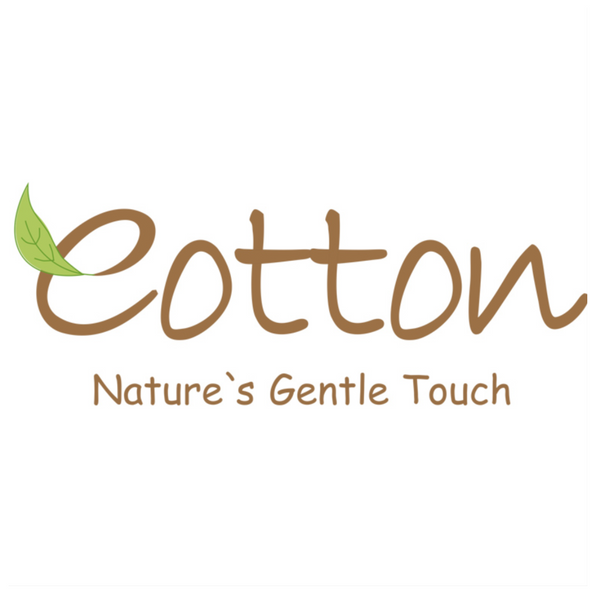
Organic Clothing vs. Sustainable Fashion: What’s the Real Difference?
Understanding the Difference Between Organic Clothing & Sustainable Fashion
In the world of eco-conscious fashion, terms like organic clothing and sustainable fashion are often used interchangeably. However, while they share some similarities, they are not the same thing.
Organic clothing primarily refers to garments made from certified organic fibers such as organic cotton, linen, hemp, silk, and wool. These materials are grown and processed without harmful chemicals, pesticides, or synthetic fertilizers, making them safer for both the environment and human health.
On the other hand, sustainable and ethical fashion is a broader concept that goes beyond just the raw materials. It takes into account the entire lifecycle of a product, from sourcing to production, labor conditions, energy consumption, waste management, and even the end-of-life disposal of the garment.
While organic clothing contributes to sustainability, it is only one piece of the puzzle. True sustainability requires a more comprehensive approach, ensuring that the entire supply chain follows ethical and eco-friendly practices.
Why Organic Clothing Alone Is Not Always Sustainable
Many people assume that just because a product is labeled as organic, it is automatically sustainable. However, sustainability is about more than just the material—it’s about how that material is processed, how much waste is generated, and whether the workers producing it are treated fairly.
For example, an organic cotton T-shirt may be made from 100% GOTS-certified organic cotton, but if the factory producing it wastes large amounts of water, emits high levels of carbon emissions, or underpays workers, then it cannot be considered truly sustainable.
Sustainability considers factors like:
✅ Ethical labor practices
✅ Eco-friendly dyeing and finishing processes
✅ Energy and water consumption during production
✅ Long-lasting quality to reduce textile waste
This is why not all organic clothing brands are sustainable brands.
The Truth About Bamboo, Modal, and Tencel Fabrics
In recent years, fabrics like bamboo, modal, and Tencel have been promoted as eco-friendly alternatives to traditional cotton. But are they truly sustainable?
✔️ Bamboo fabric is often marketed as a “green” option because bamboo grows quickly and requires less water than cotton. However, most bamboo clothing is actually rayon, which undergoes a chemical-heavy process using harmful substances like carbon disulfide.
✔️ Modal and Tencel, made from beech tree and eucalyptus pulp, are more sustainable than traditional rayon but still require a chemical process to turn wood into fabric. Tencel (or lyocell) is generally the best option, as it is produced in a closed-loop system that recycles water and chemicals.
While these fabrics start from natural sources, their processing methods determine their actual sustainability. Always check for certifications like OEKO-TEX or Lenzing to ensure the fabric is responsibly made.
How to Make a Truly Sustainable Choice?
If you’re looking to make a truly sustainable and ethical fashion choice, consider these key factors:
🌱 Look Beyond Organic Labels – Check if the entire production process (from fiber to finished product) follows sustainable practices.
🧵 Check for Ethical Manufacturing – Ensure the brand follows fair labor practices and pays fair wages to its workers.
♻️ Consider the Longevity of the Garment – High-quality, durable clothing reduces the need for frequent replacements, cutting down on waste.
🌎 Choose Brands That Minimize Waste & Pollution – Look for companies that focus on low-waste production, eco-friendly dyeing, and recyclable packaging.
At Eotton Canada, we go beyond just using GOTS-certified organic cotton—we focus on sustainable production, ethical labor, and high-quality designs that last. Our commitment is to offer truly eco-friendly baby clothes and accessories that are gentle on your baby and the planet.
Organic clothing is a great step toward sustainability, but it’s not the full picture. True sustainable and ethical fashion requires looking at the entire process—from material sourcing to how the garments are made, how workers are treated, and how much environmental impact is involved.
By understanding the differences between organic clothing and sustainable fashion, you can make better-informed choices that support both your values and the well-being of our planet.
